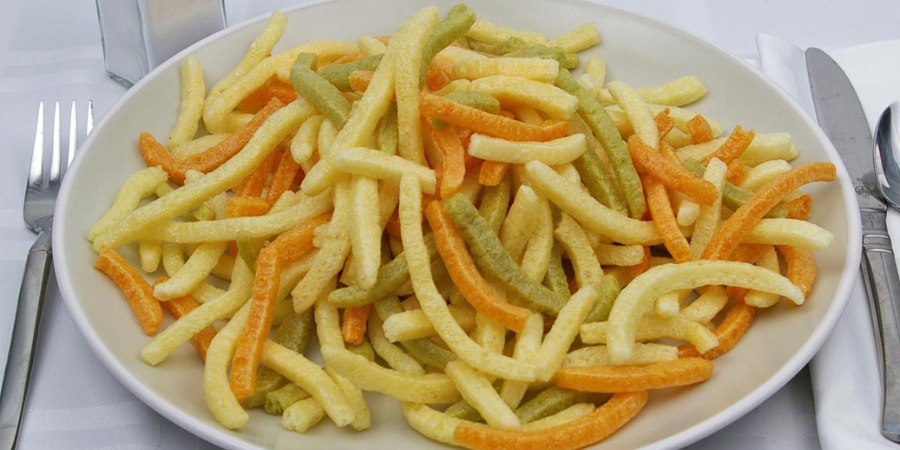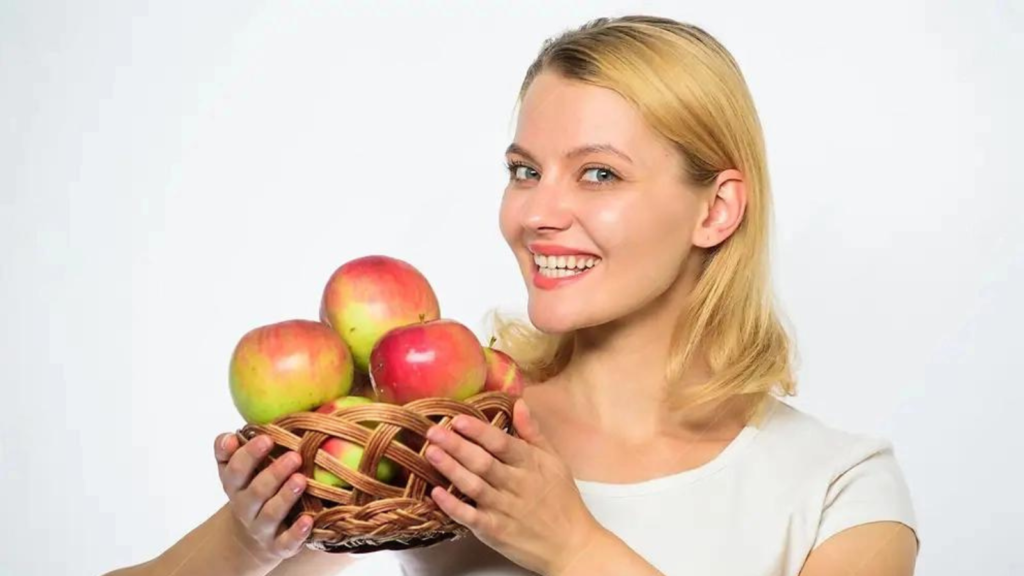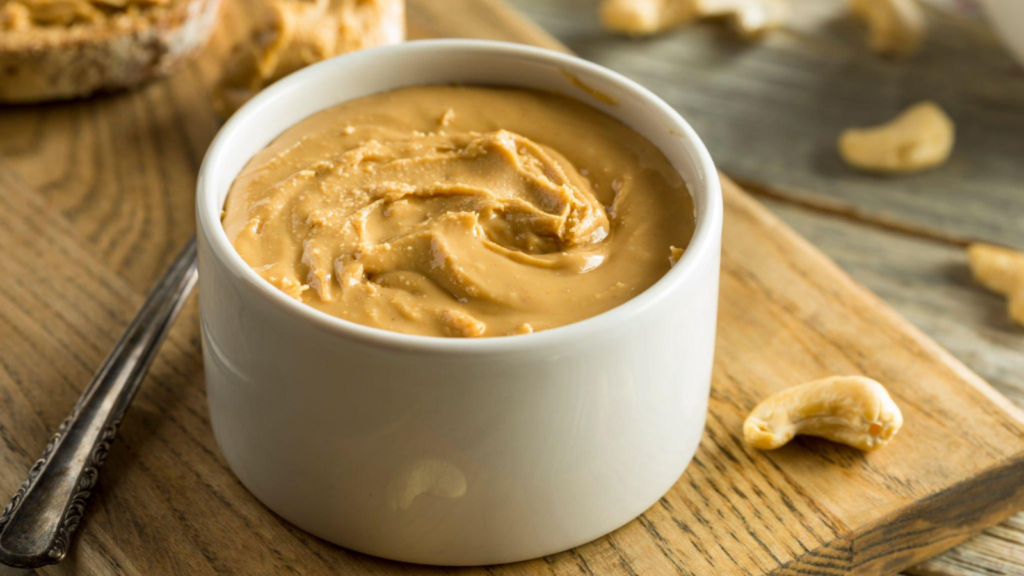In recent years, veggie straws have emerged as a popular alternative to traditional chips. But are veggie straws healthy? This question is on the minds of many health-conscious snackers. In this article, we will explore the nutritional profile of veggie straws, their ingredients, and how they stack up against other snack options.
What Are Veggie Straws?
Veggie straws are a snack made primarily from potato starch, corn starch, and vegetable powders. They are often marketed as a healthier alternative to regular potato chips. These crunchy snacks come in various flavors and colors, appealing to both kids and adults alike.
Ingredients Breakdown
Here’s a quick overview of the typical ingredients found in veggie straws:
| Ingredient | Purpose |
|---|---|
| Potato Starch | Base ingredient for texture |
| Corn Starch | Adds crunch and lightness |
| Vegetable Powder | Provides color and flavor |
| Salt | Enhances taste |
| Seasonings | Adds flavor variations |
Nutritional Profile
To determine if veggie straws are a healthy choice, let’s take a closer look at their nutritional content. Here’s a comparison of veggie straws with traditional potato chips:
| Nutrient | Veggie Straws (1 oz) | Potato Chips (1 oz) |
|---|---|---|
| Calories | 130 | 152 |
| Total Fat | 6g | 10g |
| Saturated Fat | 0.5g | 1g |
| Carbohydrates | 18g | 15g |
| Fiber | 1g | 1g |
| Protein | 1g | 2g |
| Sodium | 120mg | 150mg |
Key Takeaways
- Calories: Veggie straws are lower in calories than traditional chips.
- Fat Content: They have less total fat, making them seem like a healthier option.
- Carbohydrates: Veggie straws contain more carbohydrates than potato chips.
- Sodium: They are slightly lower in sodium, which is beneficial for those watching their salt intake.
Are Veggie Straws Nutritious?
While veggie straws may have some advantages over traditional chips, they are not necessarily a nutritional powerhouse. Here are several factors to consider:
- Lack of Whole Vegetables: One of the most significant drawbacks of veggie straws is that they do not contain whole vegetables. Instead, they use vegetable powders, which may not provide the same health benefits as eating fresh veggies.
- Low Fiber Content: Although veggie straws contain some fiber, the amount is minimal. For a healthy snack, look for options that offer more fiber to aid digestion and promote fullness.
- High in Processed Ingredients: Veggie straws are highly processed snacks. This means they may contain additives and preservatives that are not present in whole foods.
The Healthier Snack Alternatives
If you’re looking for healthier snack options, consider these alternatives:
Fresh Vegetables
- Carrot Sticks: Crunchy and naturally sweet.
- Celery Sticks: Low-calorie and hydrating.
- Bell Pepper Strips: Colorful and rich in vitamins.
Whole Grain Snacks
- Popcorn: Air-popped and lightly salted for a satisfying crunch.
- Whole Grain Crackers: Provide fiber and nutrients.
Nuts and Seeds
- Almonds: Packed with protein and healthy fats.
- Pumpkin Seeds: Rich in magnesium and antioxidants.
Real-Life Examples
School Lunches: Parents often pack veggie straws in their children’s lunches, believing they are a healthier choice. However, a better option would be to include fresh veggies with hummus or a yogurt dip. This combination provides essential nutrients and keeps kids satisfied longer.
Office Snacks: Many office workers reach for veggie straws during afternoon slumps. While they may provide a quick energy boost, a handful of nuts or a piece of fruit would offer more sustained energy and nutrition.
The Verdict: Are Veggie Straws Healthy?
So, are veggie straws healthy? The answer is nuanced. While they are a better option than traditional chips in terms of calories and fat, they are still a processed snack lacking in essential nutrients.
Moderation is Key: If you enjoy veggie straws, it’s perfectly fine to include them in your diet occasionally. However, they should not replace whole foods or more nutritious snacks.
Listen to Your Body: Pay attention to how different snacks make you feel. Foods that provide lasting energy and satisfaction are often the best choices.
Conclusion
In summary, veggie straws can be a fun, crunchy snack, but they should be consumed in moderation. They do not replace the benefits of fresh vegetables or whole foods. Always strive for a balanced diet rich in nutrients, and consider veggie straws as an occasional treat rather than a staple.
Final Thoughts
The world of snacks is vast and varied. Understanding the nutritional content of what you eat is essential for making informed choices. So, the next time you reach for a bag of veggie straws, remember to think about the bigger picture of your overall diet.
By keeping these insights in mind, you can enjoy your snacks while still prioritizing your health. Are veggie straws healthy? It depends on how you incorporate them into your diet. Choose wisely, snack smart, and enjoy the crunch!


